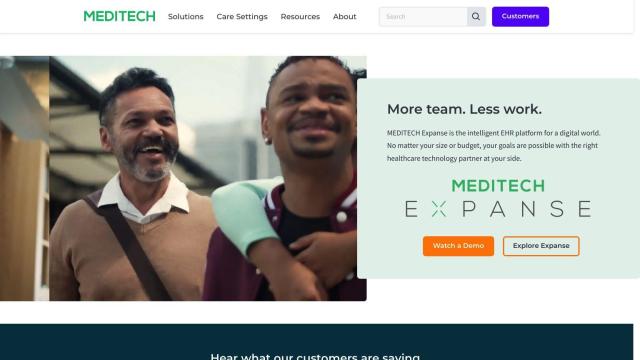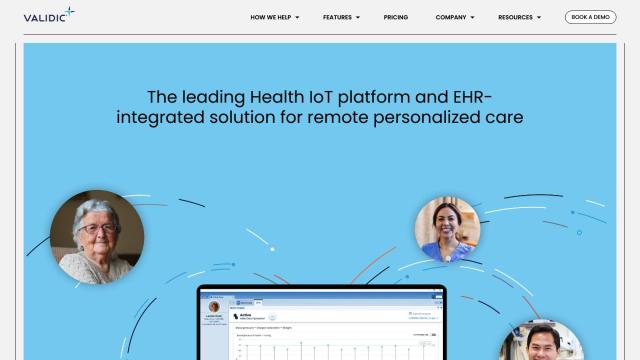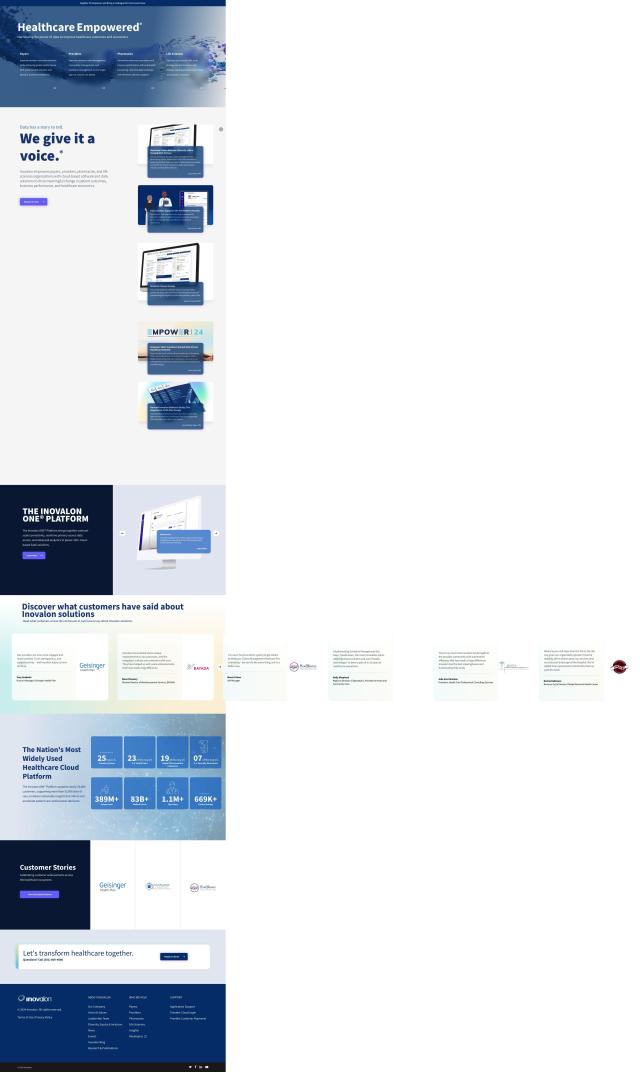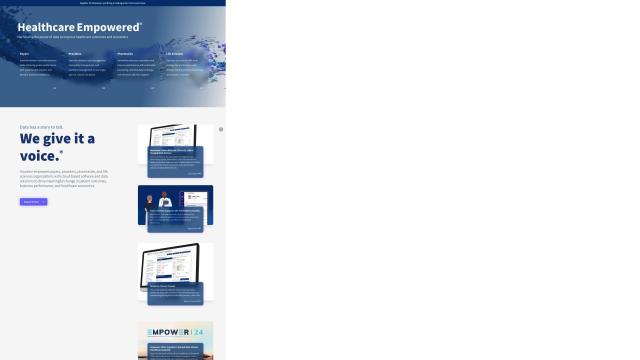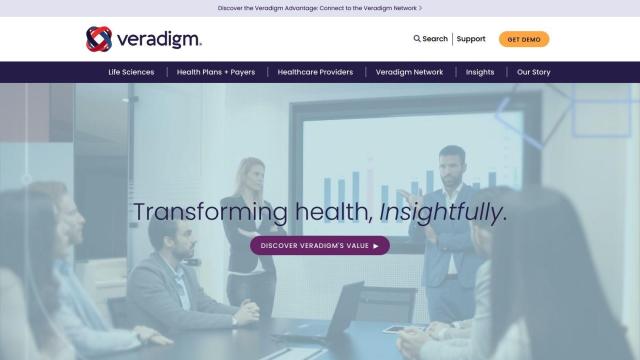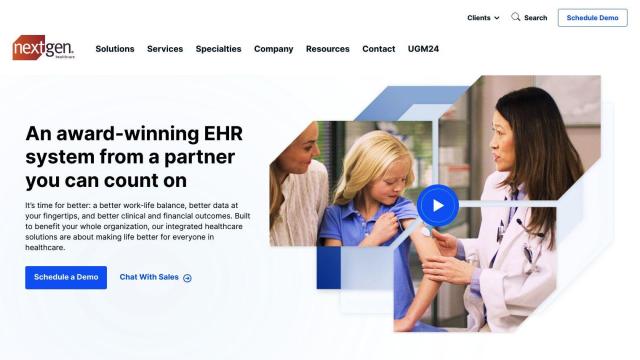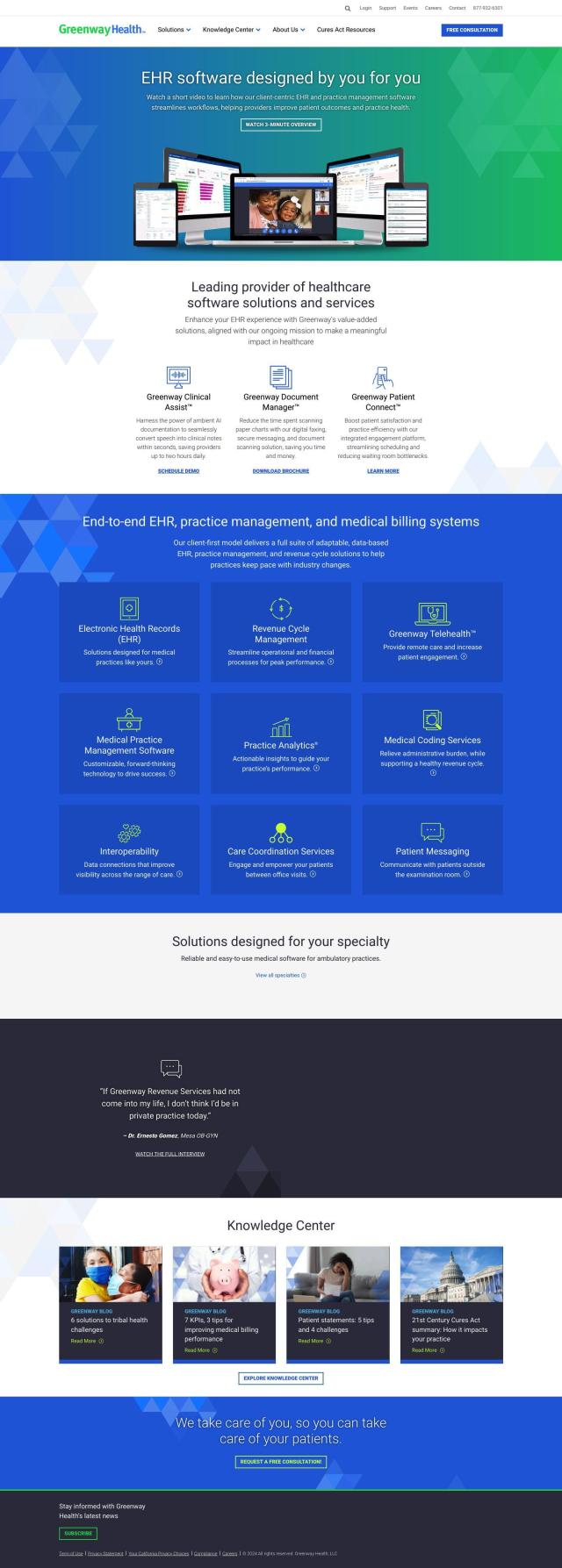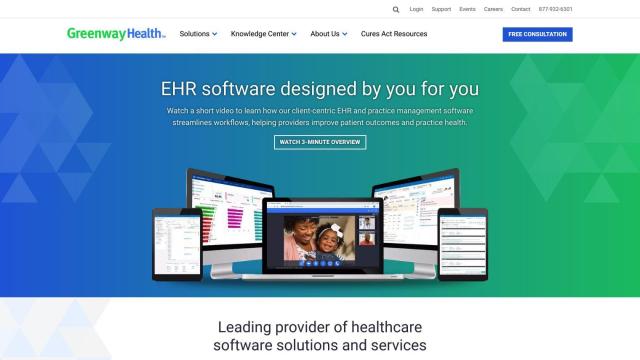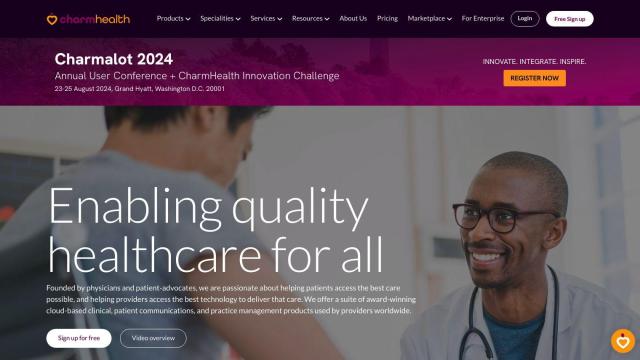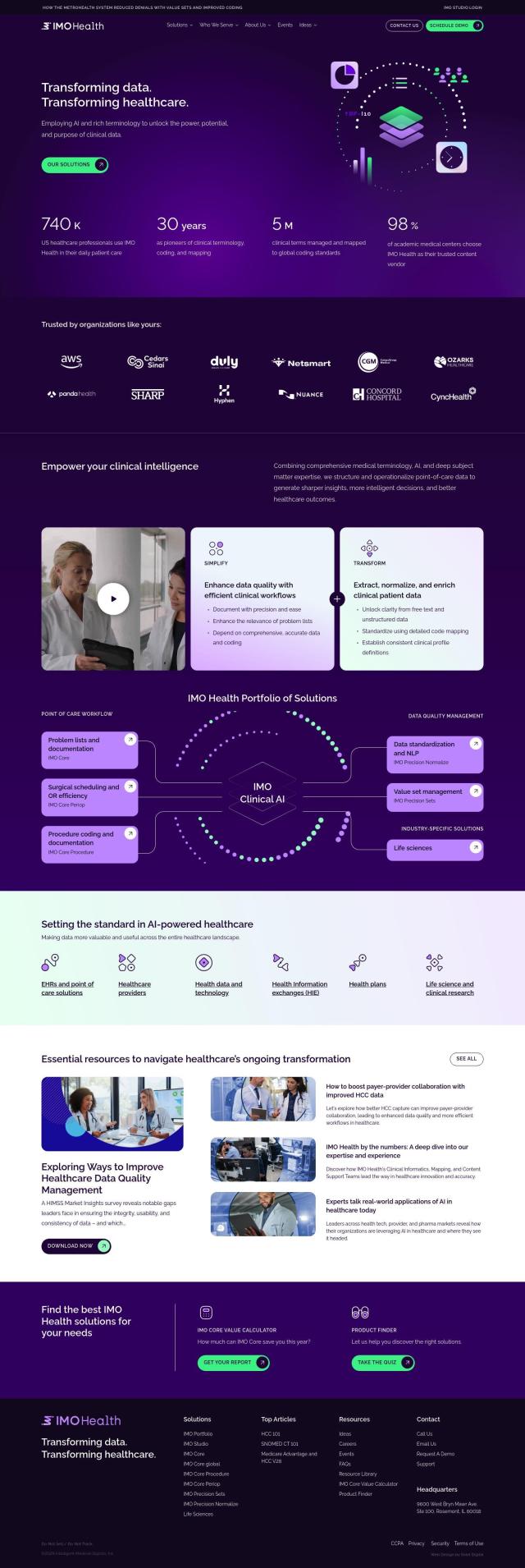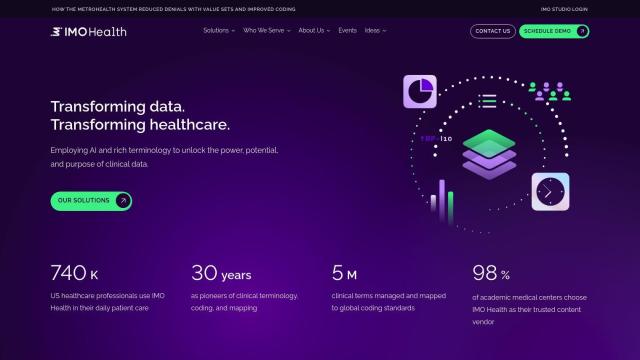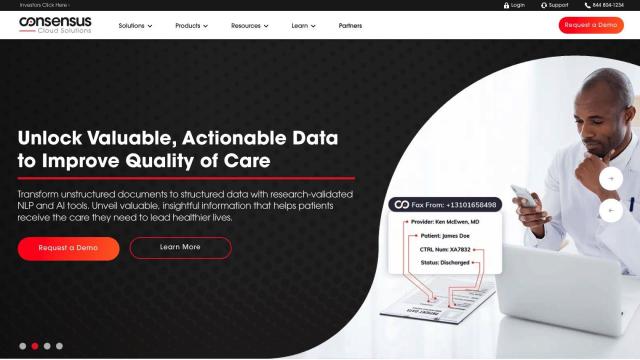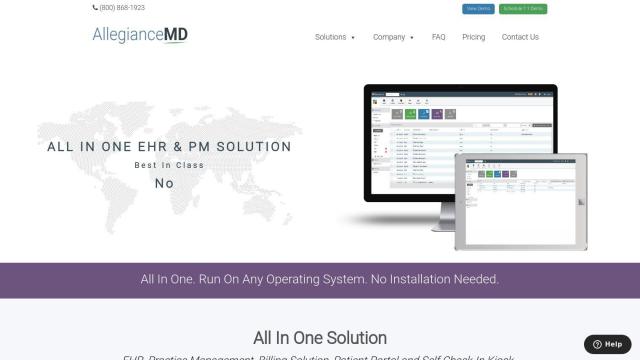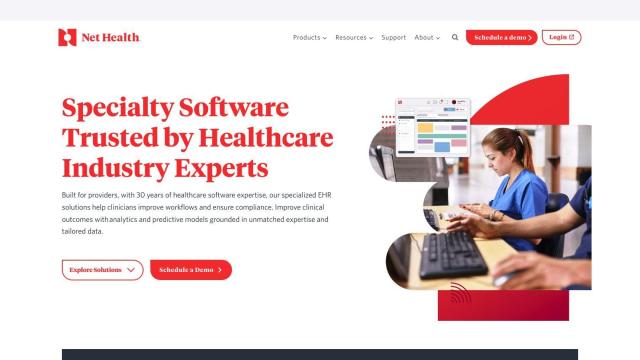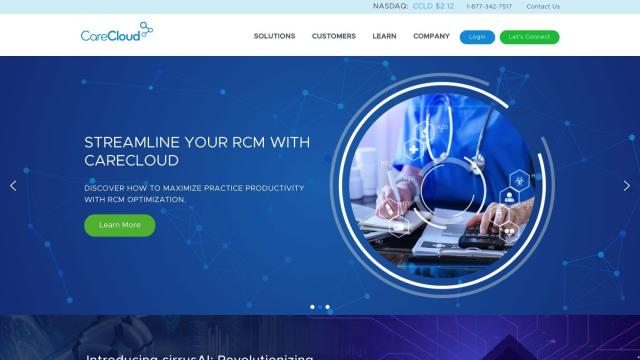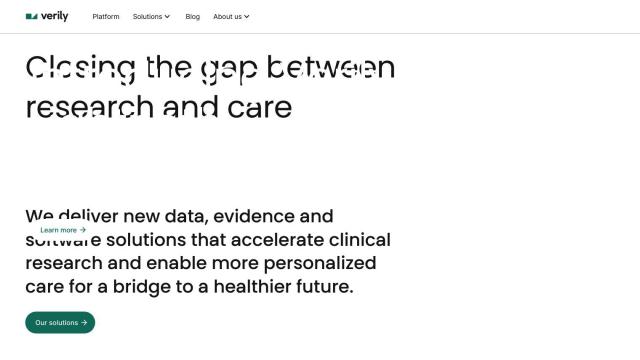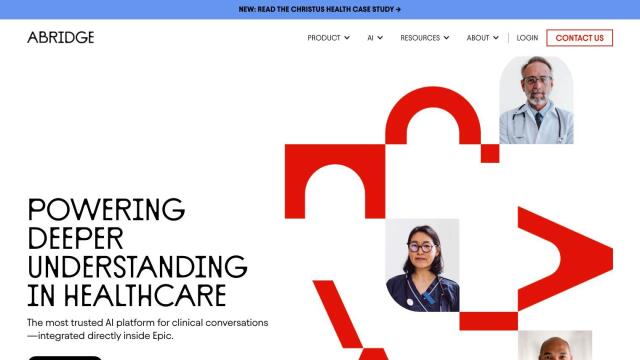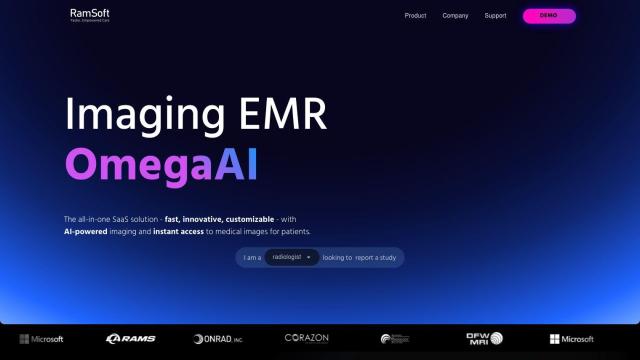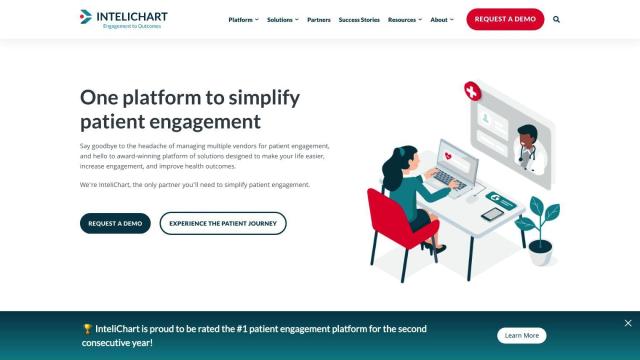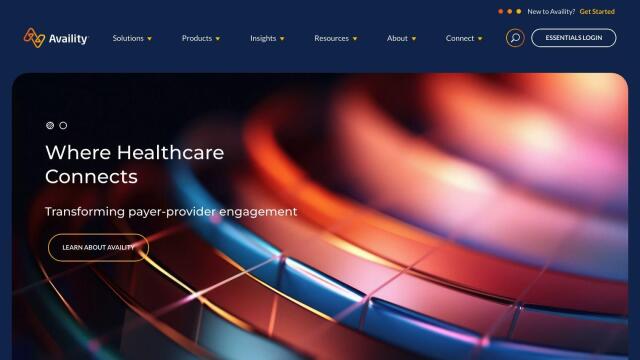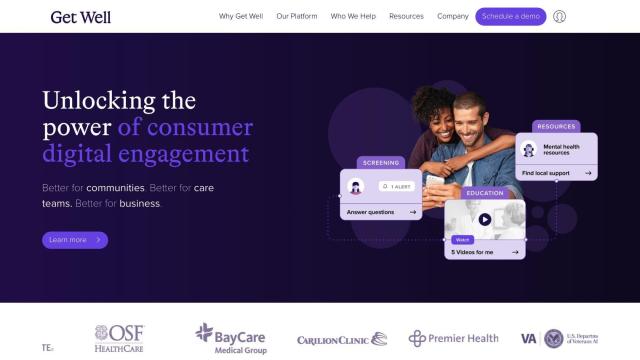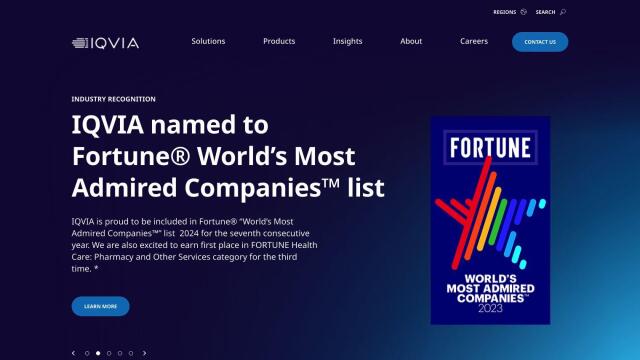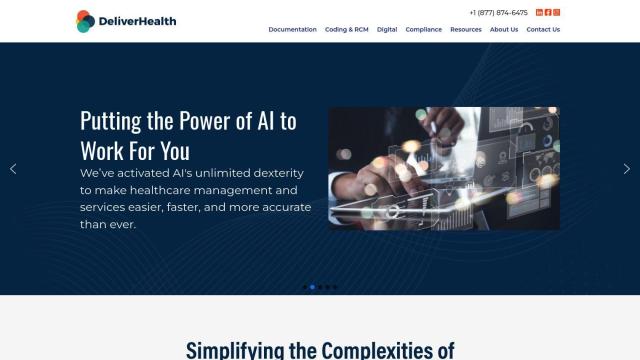Question: Can you recommend a platform that provides access to comprehensive patient data for healthcare providers and organizations?

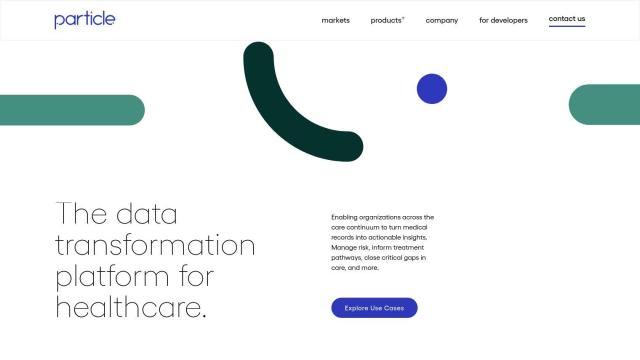
Particle Health
For broad patient data access, there are several other contenders. Particle Health has an information retrieval service that pulls together more than 320 million patient records from 70,000+ health care providers. It's designed for a range of health care use cases, including primary care, specialty care, and EHRs, with APIs for FHIR R4 or C-CDA data, pre-curated datasets, and real-time pharmacy fill needs. The service is designed to help with care coordination, patient risk stratification and treatment eligibility with its structured, interoperable data.

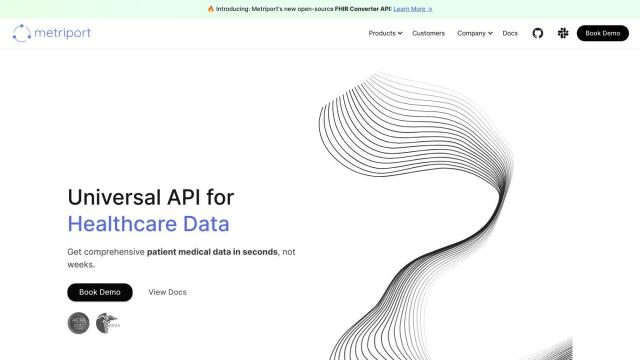
Metriport
Another strong contender is Metriport, an open-source API that taps into several health information networks like CommonWell and Carequality. It supports several formats, including FHIR R4 and C-CDA, and has data quality checks that use standards like ICD-10, SNOMED and RxNorm. The service includes a no-code provider dashboard and a FHIR Converter API, and it's designed to provide broad patient data access with security protections like SOC 2 Type II and HIPAA compliance.

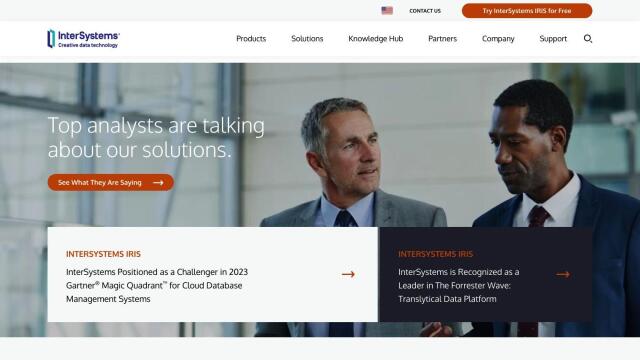
InterSystems
InterSystems has a range of data management products, including InterSystems on FHIR for health care data access and AI/ML for healthy data. Its health care interoperability products are designed to facilitate the exchange of health data, and products like InterSystems IRIS and HealthShare are designed to handle large volumes of health care data. The company says it manages more than 1 billion health records globally, with thousands of transactions per second, so it's a good choice for health care organizations.
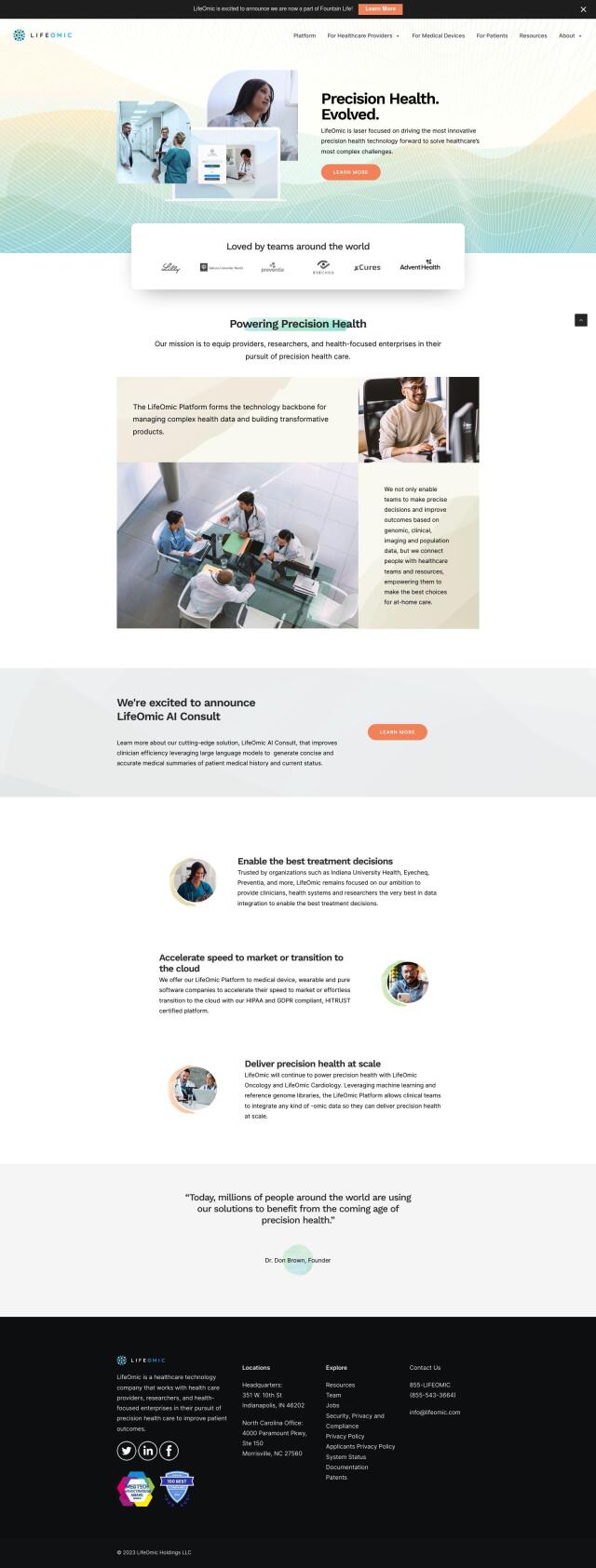
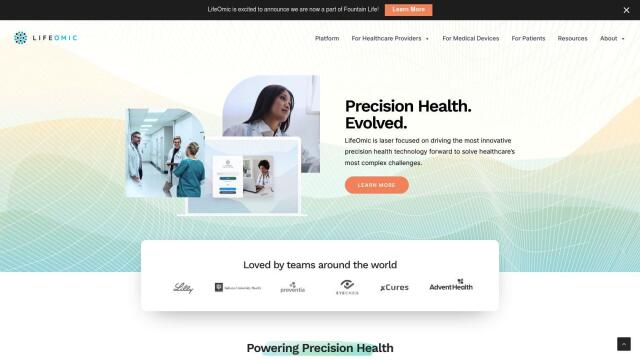
LifeOmic
For a more integrated approach, LifeOmic combines genomic, clinical, imaging and population data. It offers LifeOmic AI Consult for summarizing medical information and PrecisionOCR for extracting and coding unstructured documents. The service is HIPAA, HITRUST and SOC2 certified, so it's a good choice for health care providers and researchers who want to improve patient outcomes.

